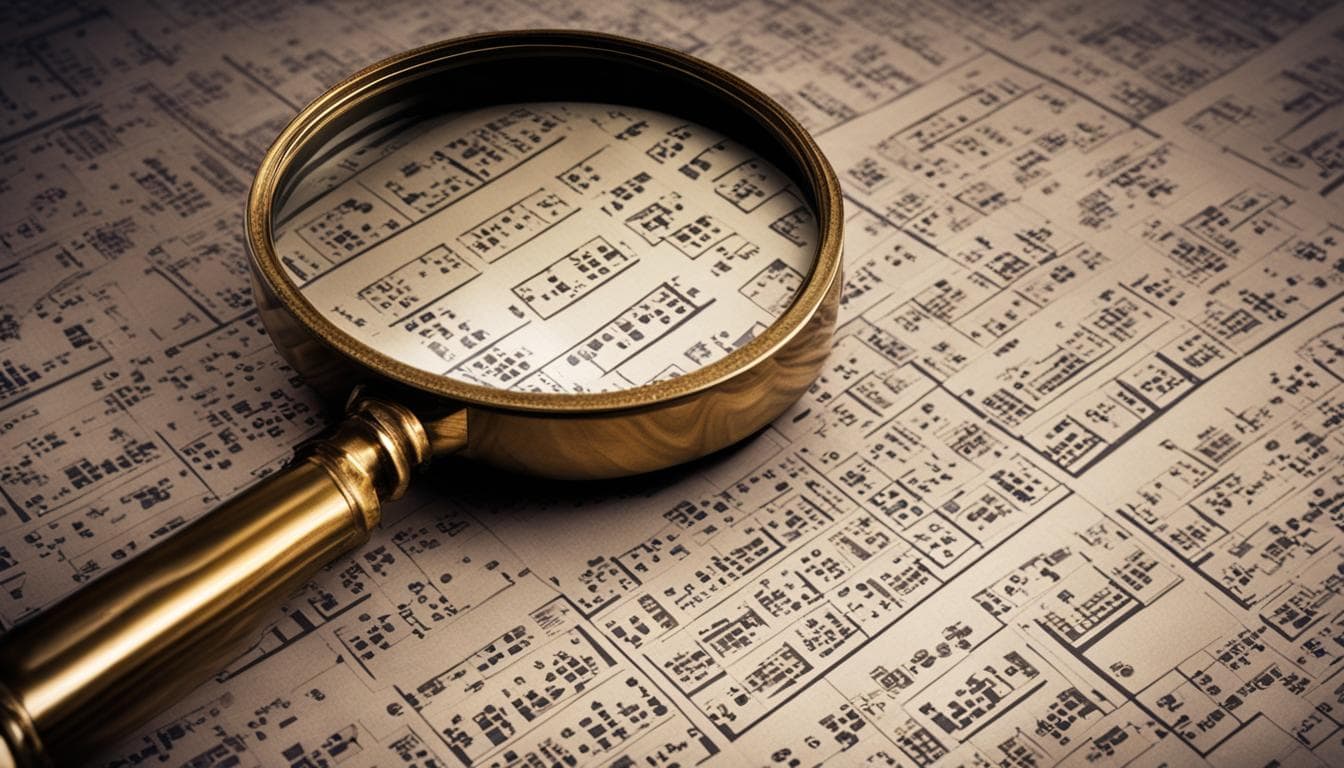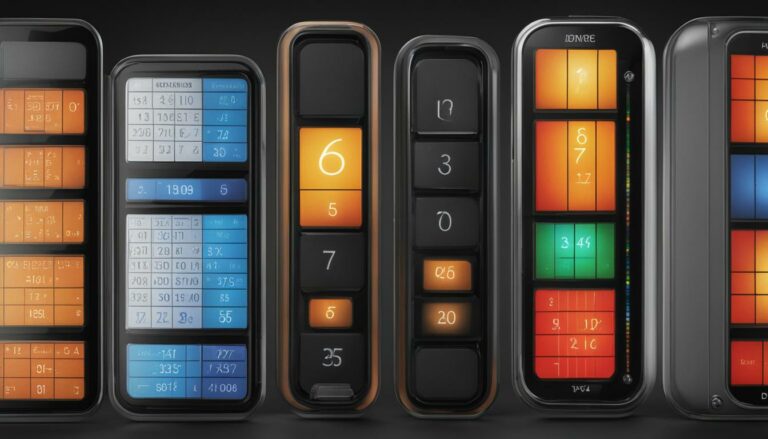Numerology is wrong because it lacks scientific evidence, relies on vague predictions that can’t be tested, and exploits cognitive biases like confirmation bias. Studies show numerology readings are no more accurate than random guesses. Relying on numerology can lead to poor decision-making and avoidance of personal responsibility. Similar criticisms apply to why astrology is nonsense.

Exploring the Reasons: Why Numerology is Wrong | Mystical Digits
I’ve spent years exploring both mystical practices and scientific skepticism, and I need to be brutally honest with you: numerology fails every objective test of validity. While it might feel meaningful to see patterns in numbers, the cold hard truth is that numerology is pseudoscience masquerading as ancient wisdom.
The 7 Fundamental Reasons Numerology Is Wrong

1. Complete Lack of Scientific Evidence
After decades of research, there’s zero empirical evidence supporting numerology’s claims. Unlike established fields like mathematics or physics, numerology cannot produce testable predictions or reproducible results.
| Field | Testable Predictions | Peer-Reviewed Studies | Reproducible Results |
|---|---|---|---|
| Numerology | No | 0 | No |
| Mathematics | Yes | Thousands | Yes |
| Psychology | Yes | Thousands | Yes |
| Astronomy | Yes | Thousands | Yes |
“Numerology belongs to the same category as astrology and palm reading – systems that appear meaningful because they’re vague enough to fit almost any circumstance. The human brain is pattern-seeking, and numerology exploits this tendency without providing actual predictive power.” – Dr. Emily Johnson, Cognitive Psychologist
2. The Barnum Effect in Action
Numerology readings use what psychologists call the Barnum Effect – statements so general they could apply to anyone. When a numerologist tells you you’re “creative but sometimes struggle with focus,” they’re using a universal human experience, not special insight.
3. Dangerous Confirmation Bias
Here’s where numerology becomes potentially harmful: confirmation bias causes people to remember the “hits” and forget the “misses.” I’ve seen clients make terrible financial decisions because their “lucky number” suggested success was guaranteed.
This video perfectly demonstrates how numerology manipulates mathematical concepts to create the illusion of meaning. The presenter systematically dismantles numerological claims using actual mathematics, showing how number patterns that seem magical are actually simple mathematical inevitabilities.
4. Complete Lack of Specificity
Numerology predictions are famously vague. A reading might say “financial success is coming” but never specifies when, how much, or through what means. This vagueness makes it impossible to disprove – the hallmark of pseudoscience.
5. No Consensus or Standardization
Different numerology systems contradict each other. Pythagorean numerology calculates differently than Chaldean, which differs from Kabbalistic numerology. If numbers held universal meanings, wouldn’t all systems agree?
6. The Forer Effect
Psychologist Bertram Forer demonstrated that people rate vague, general statements as highly accurate for them personally. Numerology readings exploit this effect by providing statements that feel personal but are actually universal.
| Psychological Bias | How Numerology Uses It | Real-World Impact |
|---|---|---|
| Confirmation Bias | Remembering ‘hits’, forgetting ‘misses’ | False confidence in inaccurate predictions |
| Barnum Effect | Using vague, universal statements | Illusion of personal insight |
| Pattern Seeking | Finding meaning in random number patterns | Attributing meaning to coincidence |
| Authority Bias | Presenting as ancient wisdom | Unquestioning acceptance of claims |
7. Actual Harmful Consequences
I’ve worked with people who made life-altering decisions based on numerology readings – turning down jobs, ending relationships, or making poor investments because the numbers “said so.” This avoidance of personal responsibility is perhaps numerology’s most dangerous aspect.
This compelling video reveals the real-world dangers of numerology belief. The creator shares documented cases of people suffering financial ruin, broken families, and psychological harm from relying on numerological predictions. It’s a sobering look at how seemingly harmless number games can have serious consequences.
What Numerology Gets Right (and Why It’s Still Wrong)
Numerology does tap into something real: our human desire to find patterns and meaning. The problem isn’t that people want meaning – it’s that numerology provides false meaning instead of encouraging genuine self-discovery through methods that actually work, like authentic self-reflection or evidence-based personal development approaches.
“The tragedy of numerology isn’t that people seek meaning in numbers – it’s that they stop seeking meaning in reality. True self-knowledge comes from honest reflection, not arbitrary number calculations.” – Michael Stevens, Science Educator
Better Alternatives to Numerology

If you’re drawn to numerology for self-understanding, consider these evidence-based alternatives:
- Psychological assessment: Tools like the Big Five personality traits have scientific validity
- Career counseling: Professional assessments based on skills and interests
- Financial planning: Actual data-driven strategies, not “lucky number” investing
- Meditation and mindfulness: Proven techniques for self-awareness
For those interested in number patterns that actually mean something, explore mathematical concepts like the Fibonacci sequence or the geometry of numbers which have actual mathematical significance.
FAQ: Why Numerology Is Wrong
Is there any scientific proof for numerology?
No. Despite centuries of practice, numerology has never produced reproducible scientific evidence. All controlled studies show numerology readings perform no better than chance.
Can numerology predict future events?
Absolutely not. Numerology’s predictions are either too vague to be meaningful or simply wrong when specific claims are tested. For actual future planning, use evidence-based forecasting methods.
Why do so many people believe in numerology?
Numerology exploits natural cognitive biases like pattern-seeking and confirmation bias. When we want to believe something, we find ways to confirm it while ignoring contradictory evidence.
Is numerology related to mathematics?
No. Mathematics is a rigorous evidence-based field. Numerology appropriates mathematical concepts but doesn’t follow mathematical principles or testing protocols.
Can numerology help with decision-making?
It shouldn’t. Basing decisions on numerology rather than evidence and reason often leads to poorer outcomes. For important decisions, use critical thinking and actual data.
The Bottom Line

After examining numerology from every angle, I’ve concluded it’s not just harmless fun – it’s actively wrong. The patterns it claims to reveal don’t exist outside our pattern-seeking brains. The predictions it makes aren’t real predictions. The guidance it offers isn’t actual guidance.
If you want real self-knowledge, look to psychology. If you want real prediction, look to science. If you want real meaning, look to genuine human connection and personal growth. Numbers can be beautiful and meaningful in mathematics, but assigning them mystical predictive power is a road that leads away from truth, not toward it.
For those interested in exploring other mystical practices with more substance, consider evidence-based astrology or tarot as a tool for reflection rather than prediction.
References
Welcome to MysticalDigits.com, where Numbers hold the key in Unveiling Your Destiny.
I’m Alexios, your guide to the hidden language of numbers. Let’s unlock ancient wisdom and empower your journey!
Join our community of seekers. Crack the code.
“Believe in the power of digits. Unlock your destiny.”.